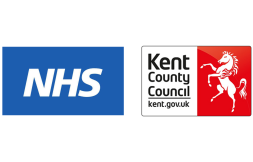Health and Food Safety
The European Commission’s Scientific Committee on Health, Environmental and Emerging Risks (SCHEER) published a statement on emerging health and environmental issues. The SCHEER statement on emerging health and environmental issues draws attention to 14 emerging issues in the non-food area that Committee members have identified as having a potential impact on human health and/or the […]
Health and Food Safety Read More »
